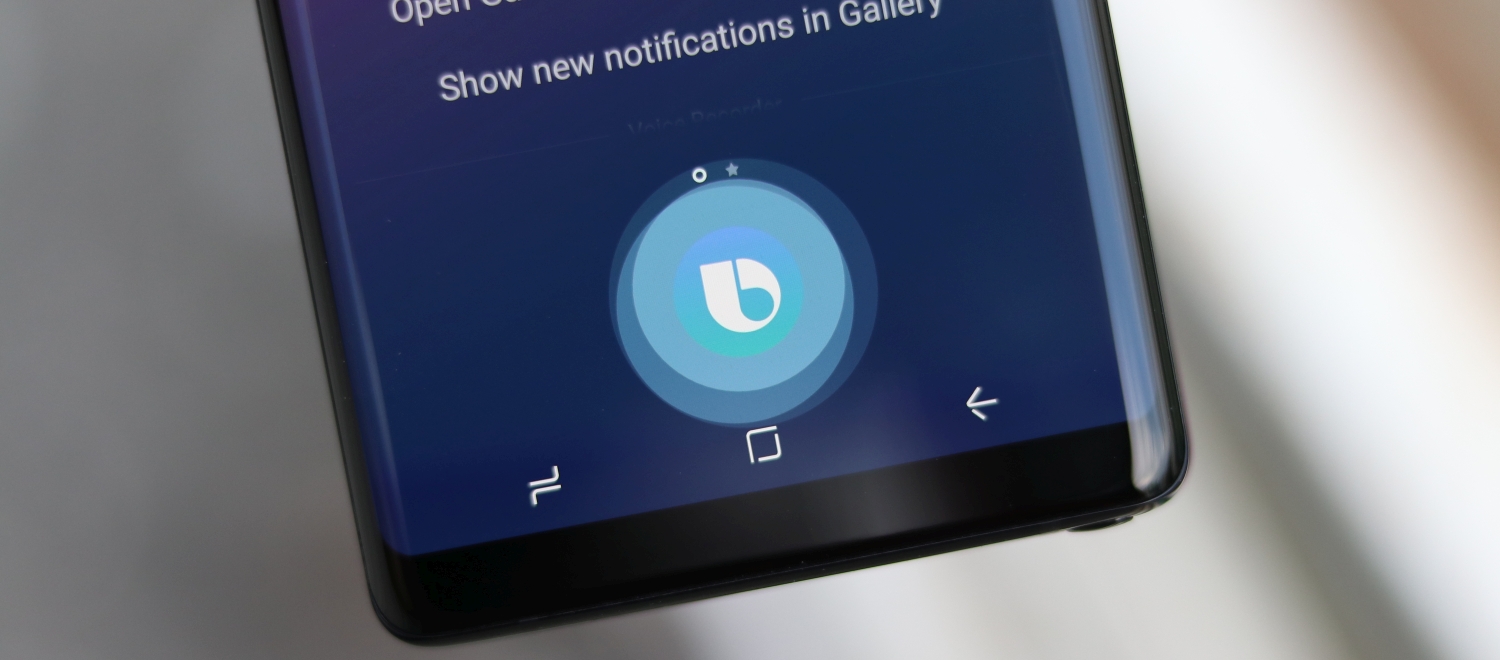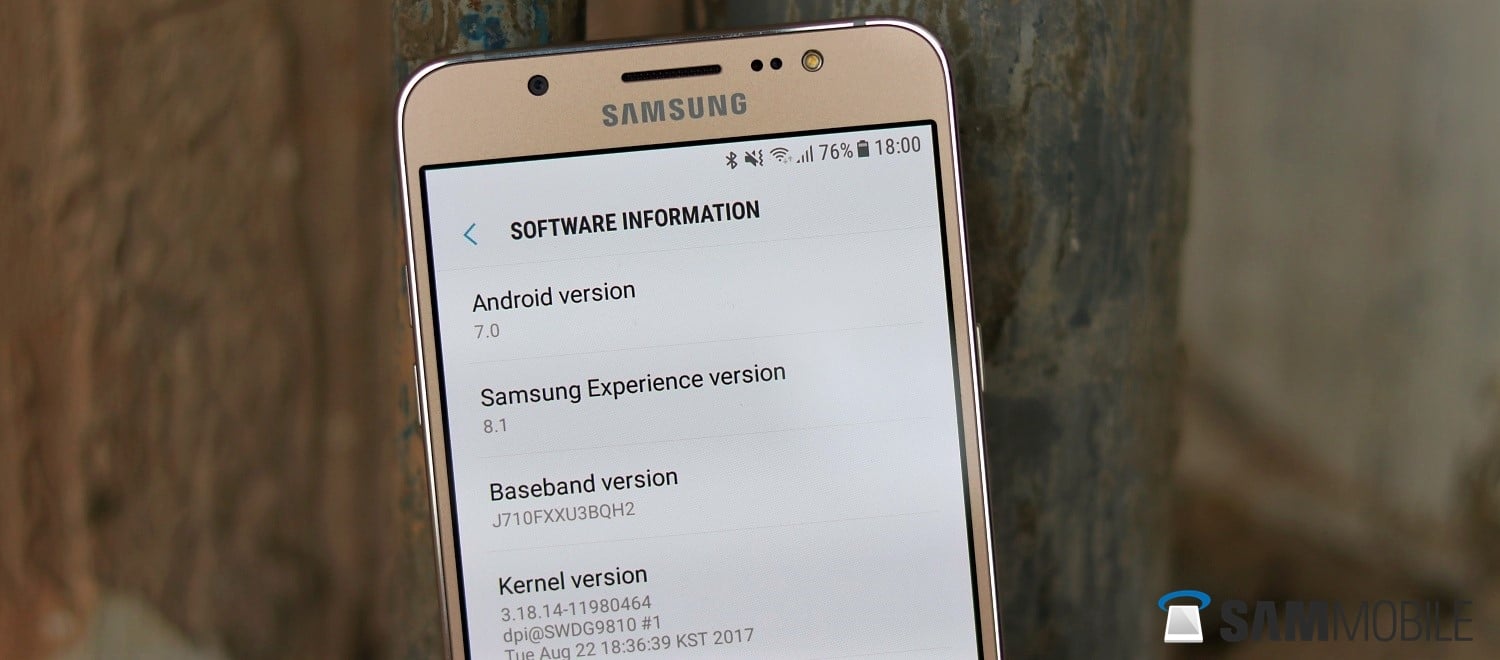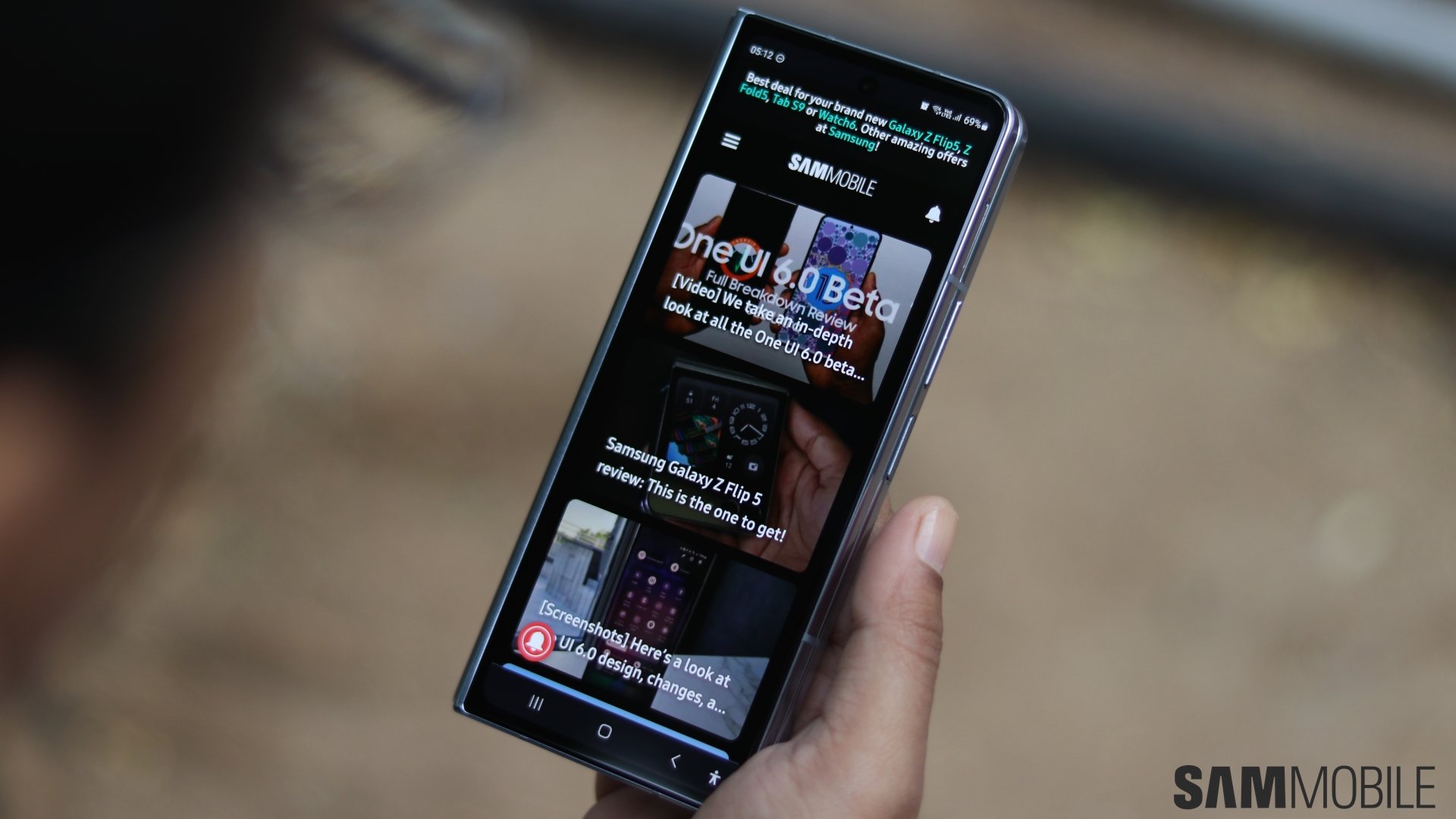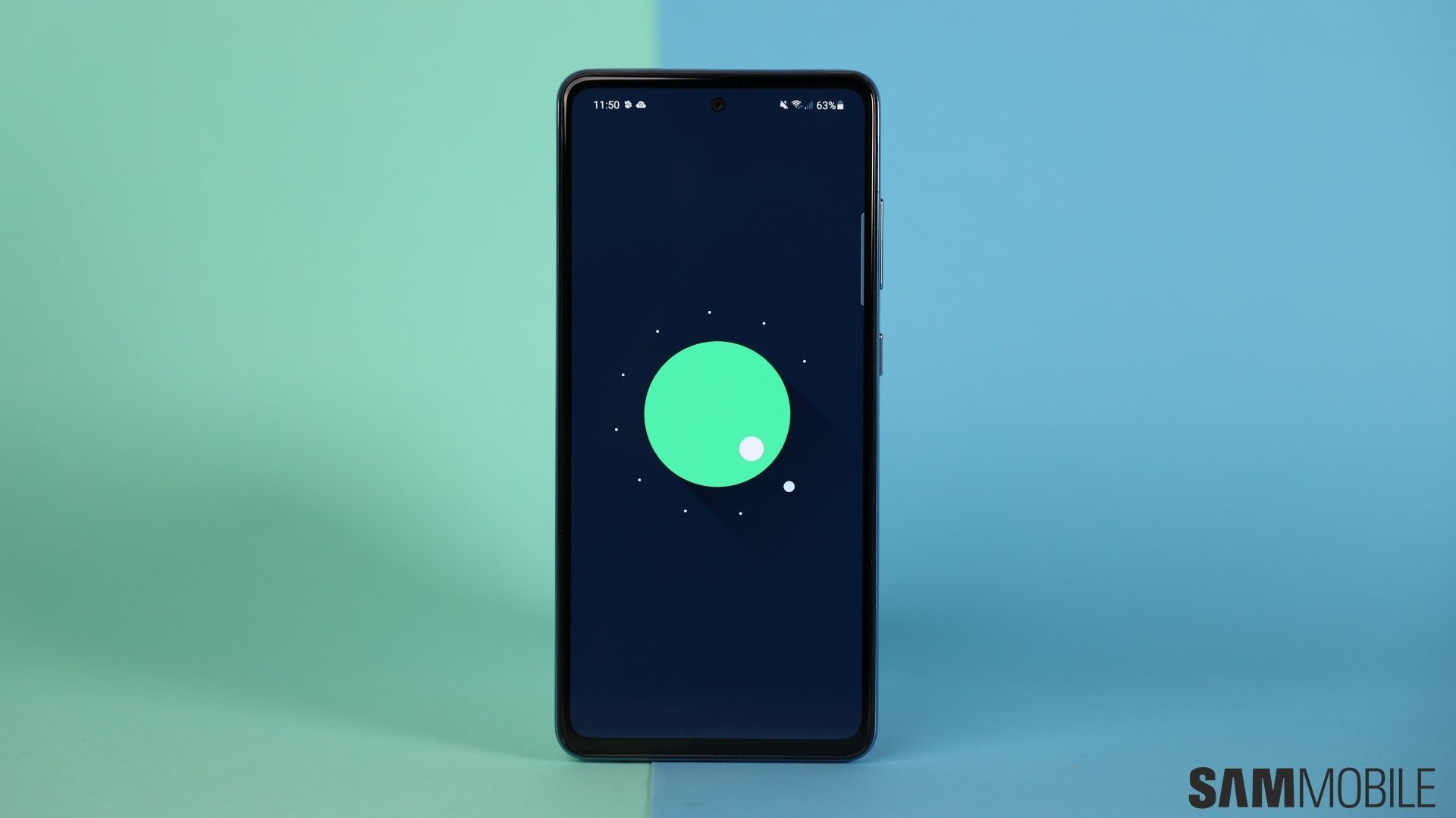
Some mid-range Samsung phones and tablets only have Bixby Home. Bixby has come a long way since then. It received a significant update with the Galaxy Note 9 as well. It appears Samsung now wants users to only experience the most recent iteration of its virtual assistant.
Bixby Voice support ending for Android Nougat and Oreo
Our sources tell us that Samsung has decided to end Bixby Voice support for devices running Android 7.0 Nougat and Android 8.0 Oreo. The devices in question include the Galaxy S9 and S9+, Galaxy S8, S8+ and S8 Active, Galaxy Note 8 and the Galaxy A9 2018. If you own one of these devices that's running either or Nougat or Oreo, you will not be able to use Bixby Voice and Bixby Briefing, which provides a summary of your day when the alarm goes off, from January 1, 2020. This change doesn't impact Galaxy Note 9 owners who have yet to update from Android 8.1 Oreo.
This move is meant to nudge users toward what's referred to as Bixby 2.0. Unveiled with the Galaxy Note 9 last year, it brought a new interface for Bixby Voice in addition to many improvements. The improved Bixby is also better at processing natural language. It's more conversational and has quicker response times. Samsung also opened up the revamped assistant to third-party developers. They offer Bixby Capsules through a dedicated marketplace. The capsules allow them to offer additional functionality through the assistant.
It obviously doesn't mean that owners of the devices mentioned above are going to lose their access to Bixby. If you want to continue using the assistant, simply update your device to Android 9.0 Pie. All of these devices are eligible for the Pie upgrade. This change won't cause any inconvenience to most users as they would have already updated their phones to Pie by now.
Those who haven't should really waste no time in doing so. The relevant Android Pie firmware files for these devices can easily be downloaded from our database.


















